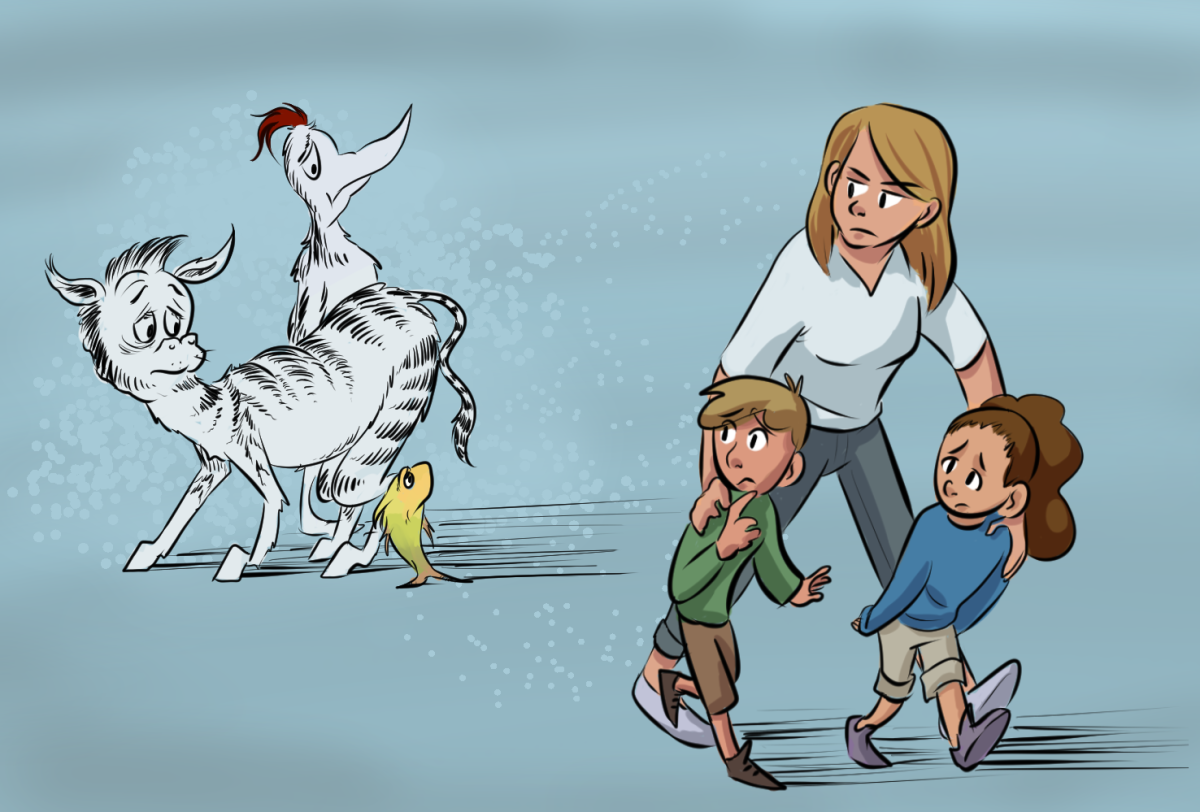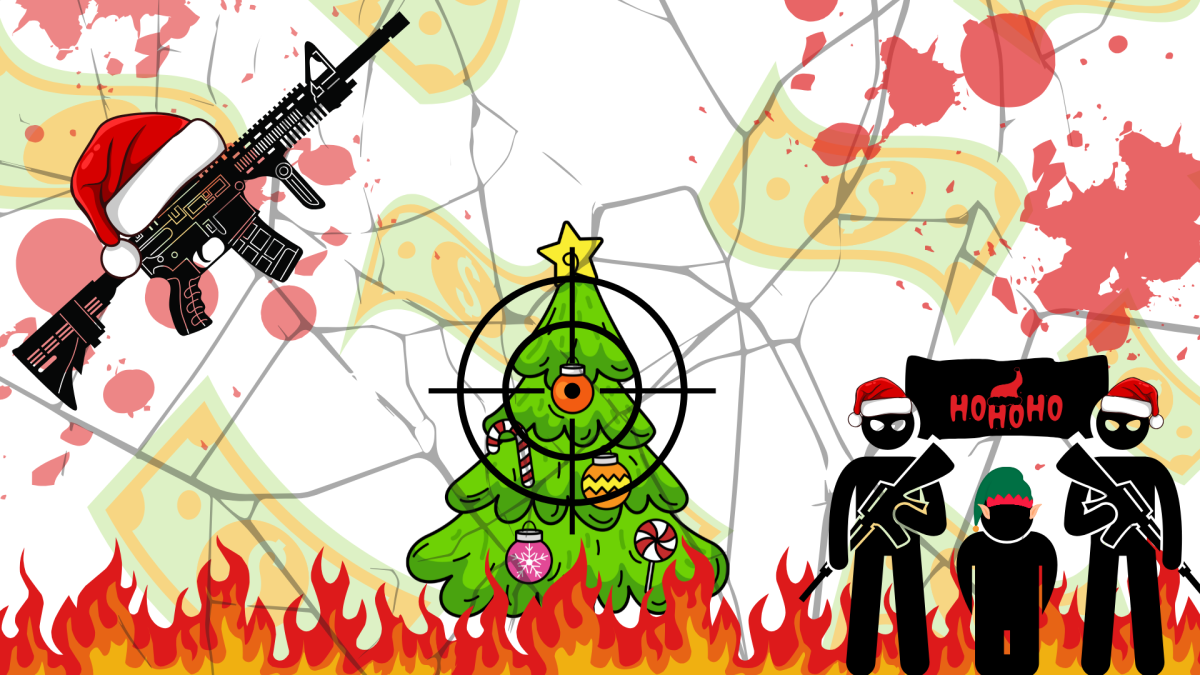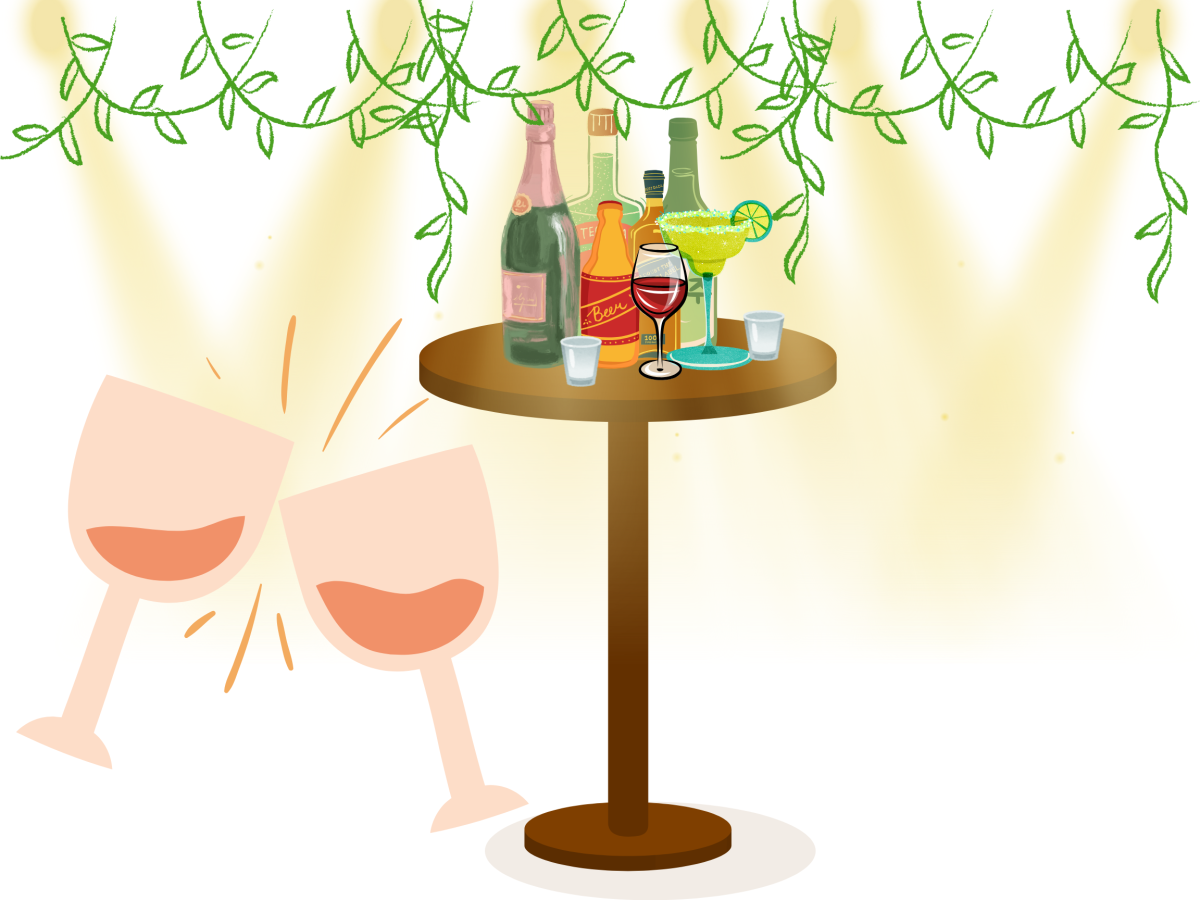Today’s cancel culture has people walking with trepidation, cautious of things said or done in the past that can later be used against them.
That may work going forward, but the past can’t change.
Films, music and books from years ago are being held to today’s standards, including beloved Dr. Seuss books that have recently been under fire.
Cancel culture has risen over the past few years as a widely accepted form of ostracism for people, ideas and even thoughts that oppose the current social status quo.
Just as last century’s standards differ from today’s, cancel culture crusaders are forgetting their current standards will also change one day.
What usually gets canceled these days are offensive, toxic or controversial subject matters.
Alas, the day has come when some of the most famous children’s books are deemed so offensive they’ve been pulled from some online retailers.
Don’t worry about your green eggs and ham, that one is safe – for now.
Six titles including “And to Think I Saw It on Mulberry Street,” “If I Ran the Zoo,” “McElligot’s Pool,” “On Beyond Zebra!” “Scrambled Eggs Super!” and “The Cat’s Quizzer,” have been recalled and publication and distribution ceased, according to a March 3 CNN article.
Activists argue their reasonings for these cancelations are based on offensive racial stereotypes and caricatures of people
of color.
For example, in “And to Think That I Saw It on Mulberry Street” a “Chinese man with sticks” has two lines for eyes and is
depicted holding chopsticks and a bowl.
This book was published in 1937 and it’s no surprise that something from 1937 hasn’t aged well.
The problem here isn’t the possibility of some people getting offended by this kind of material.
The real problem is there’s a whole generation, maybe two if we’re going to count the avocado toast-eating millennials, who think they can go through life dodging and canceling anything that remotely offends them.
It’s impossible to live without getting offended and it’s foolish to try.
Unfortunately, canceling books is nothing new. The Orwellian method of burning and banning books has been in practice for centuries to stop the spread of “dangerous” information.
According to an Aug. 31, 2017 Smithsonian Magazine article, one of the more notorious examples of book burning was done by the Nazi party at the behest of Adolf Hitler “who regularly employed language framing themselves as the victims of Jews.”
Parents should have the freedom to decide what is appropriate for their young children to read.
When you take away the right to choose, the ability for discourse and discussion about why this portrayal might not be appropriate today is also removed.
If parents or children are offended by 1930s depictions, then they have the right to not buy or read them. They don’t have the right to take the choice away from anyone else.
Books with foul language, intentions and beliefs are everywhere. Mein Kampf, the Nazi manifesto by Hitler, is still in publication in the U.S. and is available by retailers including Barnes & Noble and eBay.
However, the wicked words of Dr. Seuss in “And to Think I Saw It Happen on Mulberry Street” are too much for eBay.
There is a glimmer of hope for avid readers of “The Cat in the Hat” and since Seuss’s wrongful cancelation, interest and sales have surged.
According to a March 4 NYDailyNews.com article, “18 Dr. Seuss titles were on Barnes & Noble’s top 20 bestseller list. Over at Amazon, nine Dr. Seuss books made up the site’s top 10 bestseller list.”
Sometimes banning or opposing something only makes the demand for it stronger. The cancel culture crusaders can never cancel classics.









































